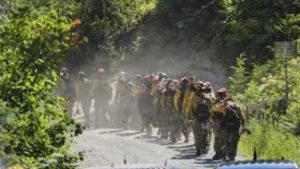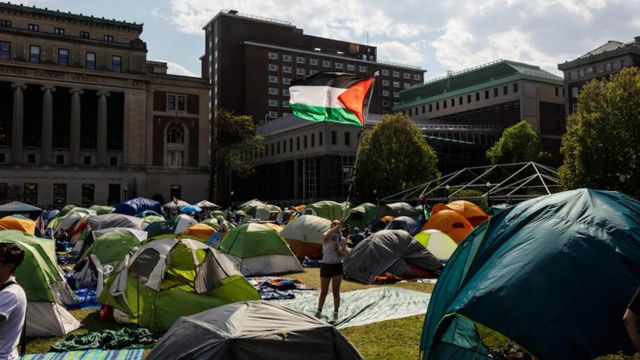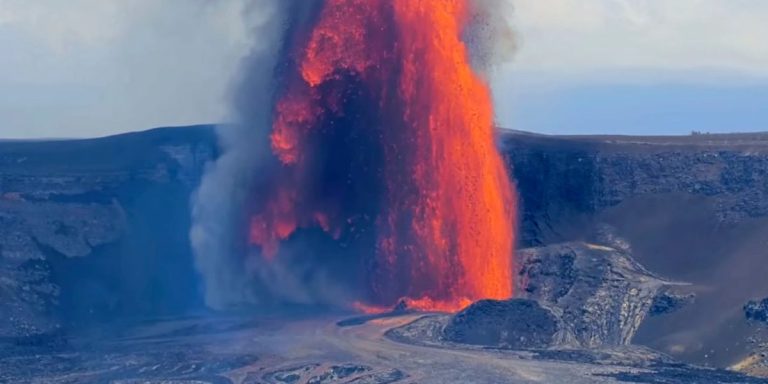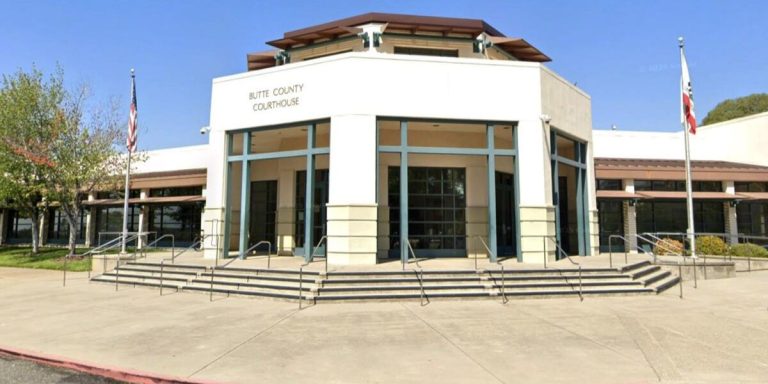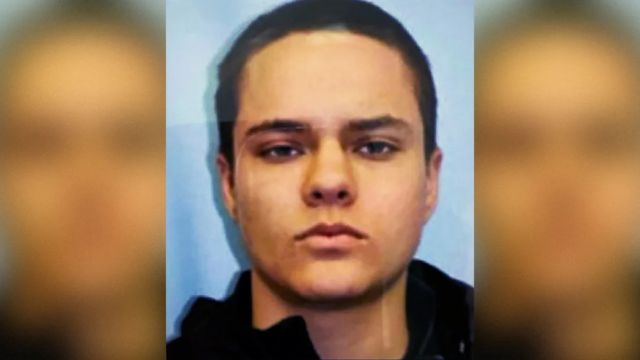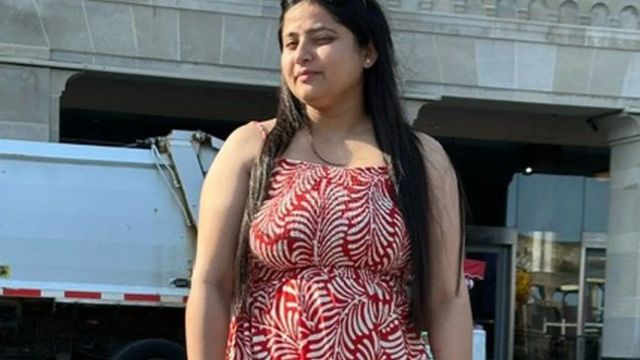A group of protestors intends to set up tent encampments on Columbia University campuses this week to oppose the war in Gaza, according to three people familiar with the plans and a recording of a planning meeting provided with NBC News.
The planned encampments come just over a year after students constructed over 50 tents on a university lawn to protest the war, capturing the world’s attention.
These demonstrations fuelled the Trump administration’s efforts to wring concessions from Columbia, claiming the university failed to combat antisemitism on its campus.
The coordinating meeting was held on Tuesday night at a community centre in Brooklyn’s Bushwick neighbourhood, around 12 miles from school, according to screenshots of Signal communications from organisers and one of the attendees.
According to a meeting attendee who begged not to be named for fear of disciplinary action from the school, invitations were mostly given in person or verbally over the phone.
According to the source, over 100 people attended the party, all of whom donned masks to conceal their true identities. The source stated that it is uncertain whether all of the participants were Columbia students.
According to the recording, the student organisers used Signal usernames and code names — including the beloved Pokémon “Squirtle” and words such as “butterfly” — to distinguish one another rather than introducing speakers by name.
Organisers have also avoided referring to the forthcoming encampments as “encampments,” according to screenshots of Signal messages from the organisers and chats with two persons acquainted with the protest organising. Participants have given the encampments a code name, “circus,” both in writing and verbally.
According to the tape, organisers requested that demonstrators not appear on campus wearing masks on demonstration days, as this could alert campus security agents.
“This year feels so much more organised and careful,” the person who attended the meeting said.
Columbia did neither confirm or deny knowing about the forthcoming protests.
“Our priority is to protect our community’s safety and to ensure that all academic activities can continue as usual,” a university representative said in a statement. “We are closely monitoring, as always, for any disruptions, and campus activities are currently proceeding as usual.”
According to the spokeswoman, encampments violate university policy and involvement may result in disciplinary action.
In a statement, the school’s public safety division stated that it would immediately attempt to remove tents or other structures, restrict access to the impacted areas, and maybe impose further campus access restrictions.
Participants will also be instructed to disperse. “Individuals who refuse to disperse will be identified and sanctions, including potential removal from campus and possible arrest, may be applied,” according to the public safety department.
According to the audio, students plan to set up an encampment on Thursday at the university’s main campus in Manhattan’s Morningside Heights neighbourhood, followed by another on Friday at the neighbouring Manhattanville campus.
“When we take over the lawn, our goal is to unify the space and make it our own,” one of the organisers stated on the audio.
According to the audio, Thursday’s camping was scheduled to begin at 1 p.m. on the West Butler Lawn of the university’s main campus, where encampments were established last year, and disperse before dusk or before authorities entered the school.
There will be a second encampment that is likely to be more strong and begin the next day. It is unknown when the Friday camping will begin, but according to the recording, students plan to stay indefinitely and expect arrests to be made.
According to a person who attended the discussion, organisers chose to hold Friday’s encampment on the Manhattanville campus, which houses the university’s business school, because it is not fenced off to outsiders like the main campus is.
According to the video, a speaker at the meeting stated that the second encampment’s location was intended to protest the university’s gentrification of Harlem.
“Any action that we take will result in police, repression, and we’ve thought about it thoroughly and are aware of it,” a speaker at the gathering remarked to cheers. “And we’re stuck in this situation where inaction is also violence.”
The organisers of the planned protests have sent various rules to student demonstrators, as acquired by NBC News. These instructions address the legal dangers connected with protesting, appropriate procedures for interactions with law authorities, and measures for securing their online presence.
The digital security document recommends students to converse solely via encrypted messaging applications such as Signal, over the phone, or in person. It also proposes that students disable Wi-Fi on their phones while protesting to avoid being tracked by the university.
Another form distributed by the organisers and seen by NBC News requests that students supply “all the information necessary to support your legal defence” for their emergency contacts in the case of an arrest.
The encampments have been planned in secret.
It requests that student protesters disclose any medical issues, insurance information, prescriptions, whether they have families, where their government IDs are, their address, and how emergency contacts can access their apartments or homes.
“Given the Trump Administration’s commitment to pursuing federal action against pro-Palestine protestors and the abduction of our comrade Mahmoud Khalil, we are now asking students to prepare not only for potential arrest and jail for several hours or overnight, but for the possibility of prolonged jail time,” according to the form. “Give serious thought to the question of how you would prepare for weeks or months in jail.”
The impending encampments follow a months-long campaign of protests at the institution last year, which sparked similar rallies on college campuses around the country and worldwide. Dozens of students involved in the encampments were jailed or expelled from their universities.
The protests were sparked by the Israeli military’s response to the Hamas terrorist attacks on October 7, 2023, in which more than 1,200 people were killed and approximately 250 were held prisoner, according to Israel. According to health officials in Gaza, the war has killed over 51,000 people and displaced millions.
Last year, student activists conducted demonstrations to pressure their colleges to divest from corporations affiliated to the Israeli government.
The encampments also coincide with the Trump administration’s efforts to meddle in Columbia’s affairs and some of the country’s oldest higher education institutions. The federal government cancelled the university’s federal subsidies on March 7, as part of what the Trump administration describes as a larger drive to “root out” antisemitism on college campuses.
On March 21, Columbia agreed to a list of the administration’s conditions in order to restore the funding, which fund top-tier research expeditions at dozens of colleges.
The demands included implementing a mask ban at most protests; hiring an outsider to oversee its department of Middle East, South Asian, and African studies; committing to “greater institutional neutrality”; and enlisting three dozen new security officers with new powers to arrest students.
Faced with its own agreement by the Trump administration, Harvard University refused the administration’s demands and sued few days later, attempting to recoup billions of dollars.
The protests come several weeks after federal immigration officers arrested at least three Columbia students who took part in the student-led protests, including 30-year-old Mahmoud Khalil.



